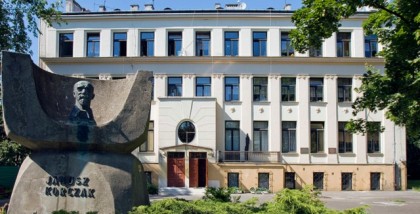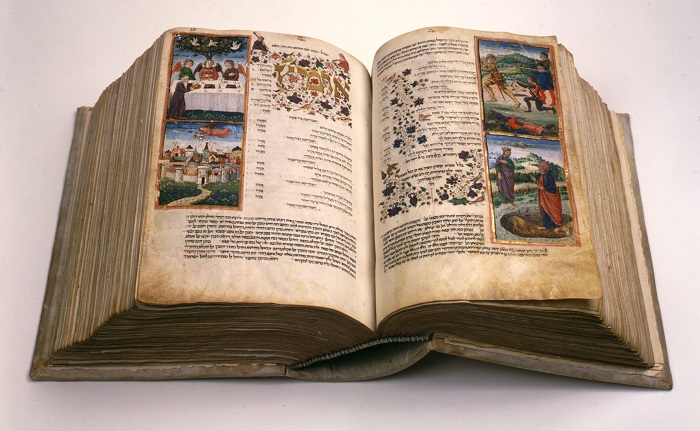Reproductor de audio
ENGLISH CORNER, CON LINDA JIMÉNEZ – This week’s trivia question: What organization founded and funded Janusz Korczak’s orphanage in Warsaw at the beginning of the 20th Century?The UN General Assembly proclaimed December 10 as Human Rights Day in 1950, to bring to the attention ‘of the peoples of the world’ the Universal Declaration of Human Rights as the common standard of achievement for all peoples and all nations. This year we have decided to commemorate Human Rights Day by bringing you a program about a man who was a strong believer and defender of children’s rights.
Janusz Korczak is the pen name of Henryk Goldszmit, a Polish-Jewish educator, children’s author, and pediatrician, who is best known for his innovative ideas about educating children. For many years he directed an orphanage in Warsaw, where he put into practice many of his ground-breaking pedagogical methods. Two of his best-known books are How to Love a Child, published in 1919, and The Child’s Right to Respect, published in 1929. In August, 1942, he refused freedom and stayed with his orphans when the institution was sent from the Warsaw Ghetto to the Treblinka extermination camp. Korczak’s life and work were depicted in Polish director Andrzej Wajda’s 1990 film Korczak.
Agnieszka Witkowska-Krych has a master’s degree in Anthropology and Culture, and her M.A. thesis was on the life and legacy of Janusz Korczak. She works at the Institute of Culture at the Center for Documentation and Research, which is a branch of the Historical Museum of Warsaw and is located in the building that houses the Janusz Korczak orphanage. There is also a small exhibit there that is dedicated to Korczak’s life and work.
Ms. Witkowska-Krych spoke with us about Korczak and his legacy.




